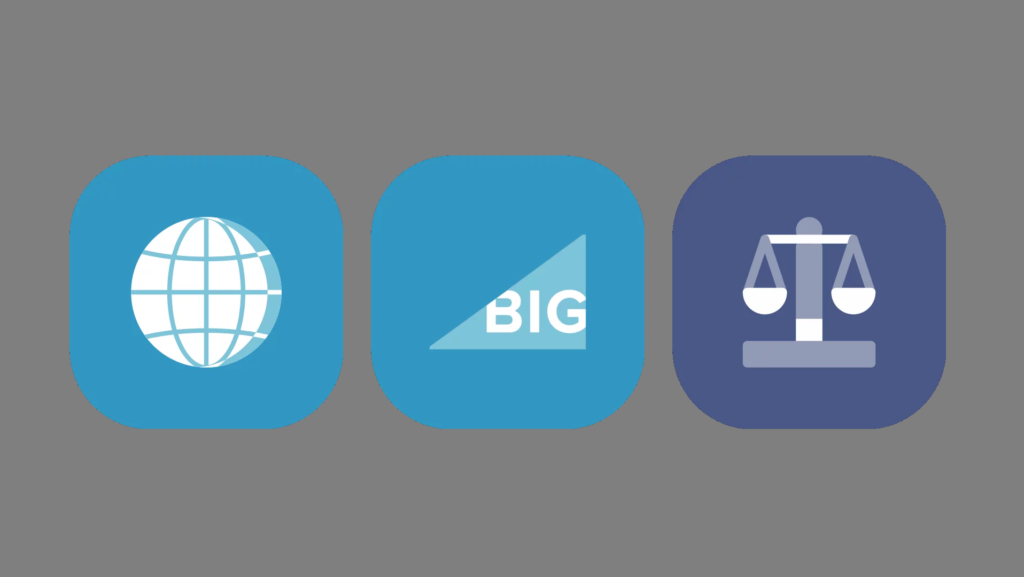Freelancing has become an attractive option for many who crave flexibility, autonomy, and control over their careers. But, starting a freelance career can be overwhelming if you’re not sure where to begin. Finding your first clients is the key to getting started. Let's break it down step by step to help you successfully launch your freelancing journey.
What is Freelancing?
Freelancing involves Start a Freelance Career and Find Your First Clients on a project basis, rather than being employed by a company. Freelancers work for themselves and can choose which clients or projects they take on. The types of freelance jobs are broad, ranging from writing, graphic design, web development, and marketing, to legal consulting, financial advising, and more.Is Freelancing Right for You?
Before diving in, it’s important to evaluate if freelancing is a good fit for your lifestyle. Freelancing offers a high level of freedom, but it also means dealing with inconsistent income, managing your own taxes, and working without the safety net of employer benefits.- Pros of Freelancing:
- Freedom to choose clients and projects
- Flexible schedule
- Potential for higher pay per project
- Ability to work from anywhere
- Cons of Freelancing:
- Income variability
- No paid vacation or benefits
- Self-management of all aspects of business (e.g., taxes, billing, contracts)
Identify Your Skills and Niche
To start a successful freelance career, you need to determine what services you can offer. Here’s how to figure that out:Assess Your Skills
What are you good at? Think about the skills you’ve acquired from past jobs, hobbies, or even volunteer work. You could freelance in writing, graphic design, photography, programming, or even marketing. The key is to focus on areas where you excel.Choose a Niche
While being a jack-of-all-trades might seem appealing, freelancers who focus on a specific niche often find more success. For example, if you’re a writer, you could specialize in writing for tech companies or e-commerce websites. A niche helps you stand out in a competitive market.Develop a Portfolio
A portfolio is a must for freelancers. It shows potential clients what you’re capable of and helps build trust. If you’re just starting, consider doing a few free or low-cost projects to build your portfolio. Display your best work on a personal website, LinkedIn, or portfolio platforms like Behance or Dribbble.Setting Up Your Freelance Business
Create a Brand
Your personal brand is how clients perceive you. Choose a name for your freelance business, and develop a logo and professional email. You can also design a website that showcases your services, experience, and testimonials.Set Your Rates
Pricing your services can be tricky. Do some research to see what other freelancers in your niche charge. When setting your rates, consider your level of experience, location, and the value you offer. It’s also important to factor in business expenses, like software, taxes, and health insurance.Legal Considerations
You’ll need to decide whether to operate as a sole proprietor, LLC, or another business structure. Freelancers often begin as sole proprietors and later move to an LLC for legal protection. Also, make sure you’re aware of tax obligations in your country.Where to Find Your First Clients
Now that you’ve set up your freelance business, it’s time to find clients. This can be one of the most challenging aspects of freelancing, especially when you’re just starting out. But don’t worry—there are several ways to land your first gig.Leverage Your Network
The easiest way to find your first clients is by reaching out to your existing network. Let friends, family, former colleagues, and acquaintances know that you’re offering freelance services. People are more likely to hire someone they already know and trust.Freelance Job Platforms
Freelance job platforms are a great place for beginners to find work. Some popular platforms include:- Upwork: One of the largest freelance platforms that covers a wide range of industries.
- Fiverr: Great for smaller gigs and building a client base.
- Freelancer: Another large platform where freelancers can bid on projects.
- Toptal: Focuses on high-quality, top-tier clients in industries like design and software development.

